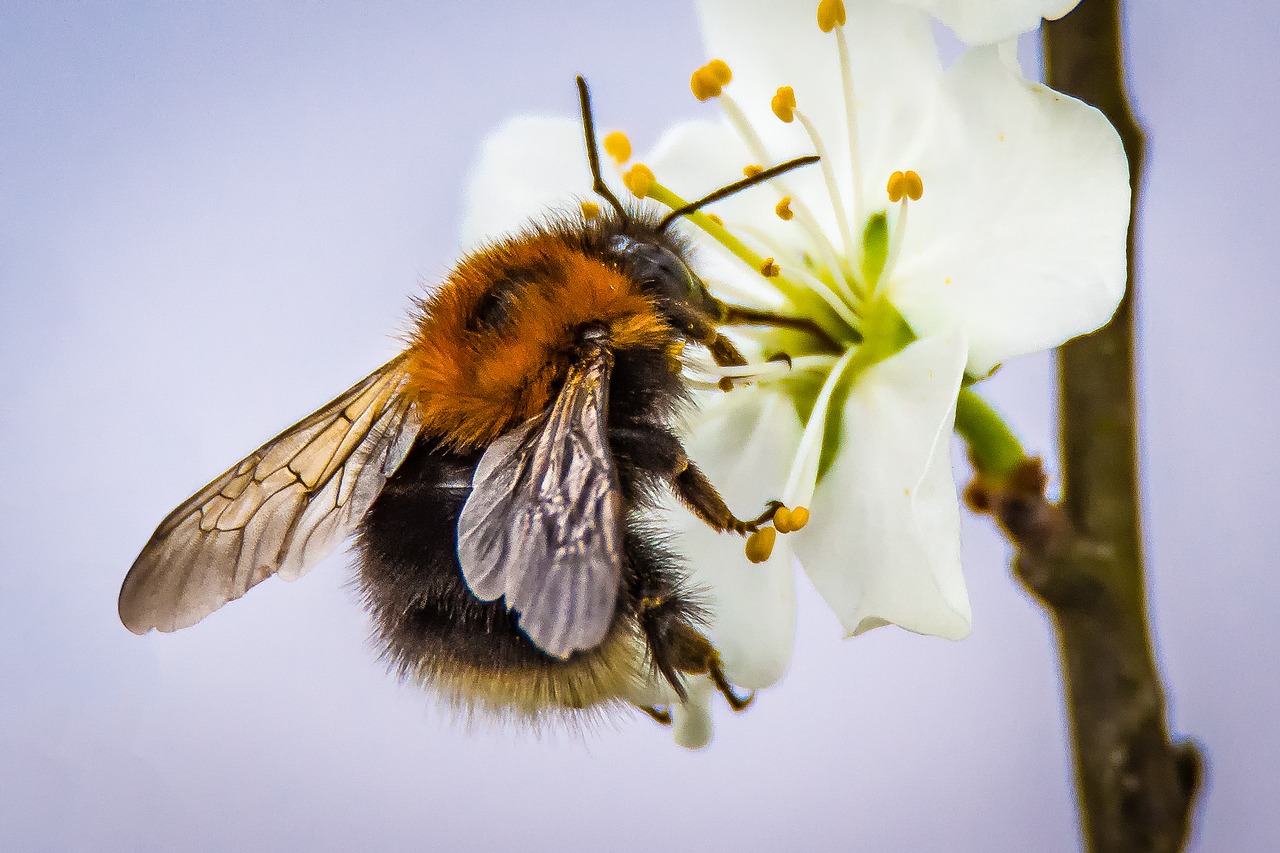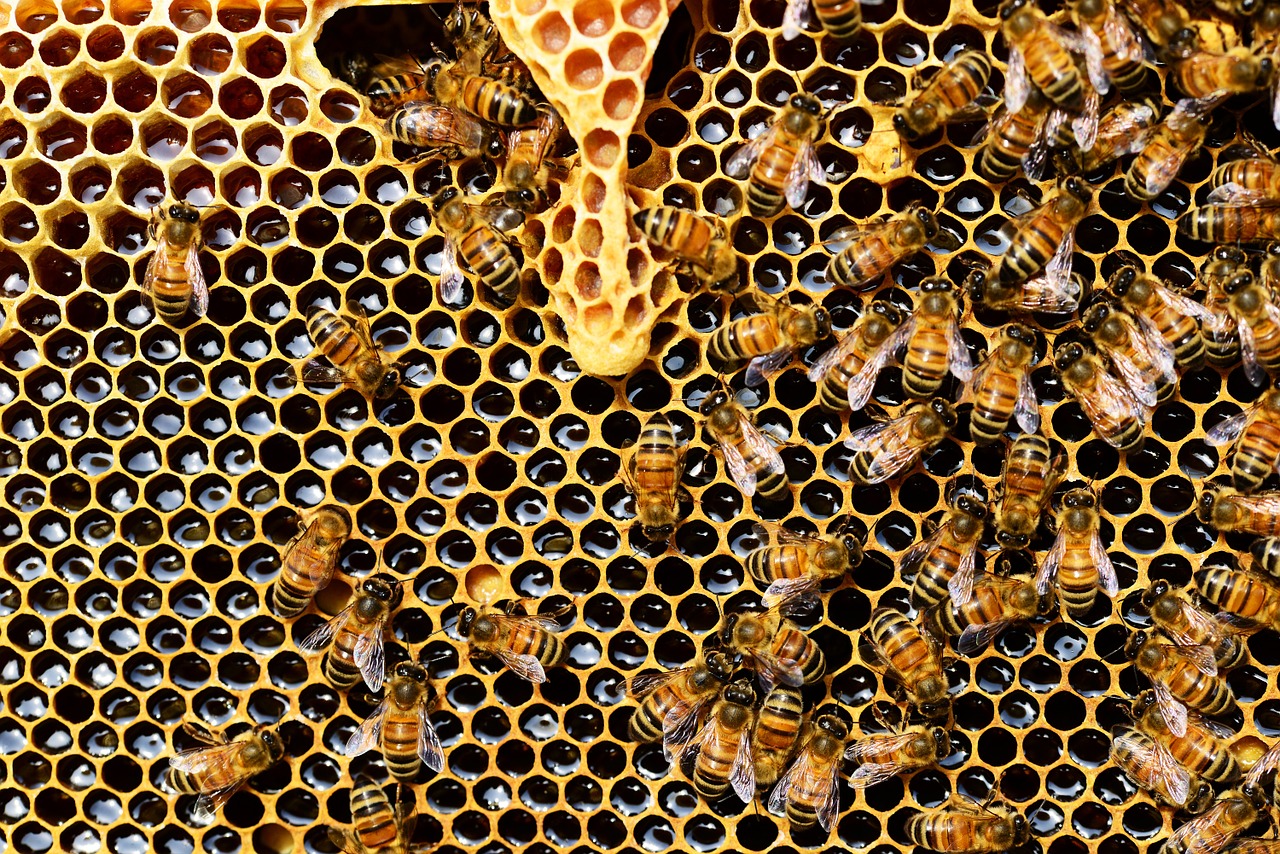
- Sustainable Planet -
- 3mins -
- 1,833 views
Morgan Freeman transformed his 124-acre ranch into a bee sanctuary
Hollywood living legend Morgan Freeman has donated his land to honeybees to help ward off an impending disaster.
Morgan Freeman’s Mississippi ranch is now a safe haven for bees
Famous as one of America’s favourite narrators, Morgan Freeman is hoping to tell a new story for the world’s declining honeybee population by giving them his 124-acre (50 hectares) ranch to live on. The 81-year-old actor took up beekeeping as a hobby in 2014 and converted his Mississippi ranch into a bee sanctuary.
Freeman fed his new bees sugar water when they first arrived
Back in 2014, Morgan Freeman decided to turn his 124-acre ranch into a pollinator sanctuary, specifically bees.
He brought in 26 bee hives from Arkansas and planted acre upon acre of bee-attracting vegetation including magnolia trees, lavender, and clover.
At first Freeman fed the bees sugar water himself as they adjusted to their new home, and has said that he’s never been stung despite not wearing a protective suit or hat.
It’s worth noting the Oscar-winning actor doesn’t harvest the bees’ honey or disrupt their hives; his goal is to help repopulate the dying honeybee population.
"There has been a frightening loss in bee colonies, particularly in this country, I don’t know about around the world" he said in an interview on Larry King Live. "To such an extent that scientists are now saying ‘This is dangerous.’”
He continued, “We’ve got thousands and thousands of species of animals that are disappearing because of what we’re doing.”
Source: Upworthy.com

What’s so important about bees?
We humans depend on honeybees and other insects to pollinate our crops. If pollinators die off, our food supply will suffer. The chain reaction of losing the bee population could be devastating for life as we know it.
Colony Collapse Disorder has been affecting certain bee species for the past decade or so.
Scientists have come up with multiple possible causes, including environmental stressors, insecticides, lack of genetic diversity in colonies, and mites that infest colonies.
Bees may also be a victim of climate change, according to the researchers who conducted the survey. Geoffrey Williams, assistant professor at Auburn, told Bloomberg, "Changes in climate and weather affect food and forage for bees. It’s pretty obvious that if you have bees already on the edge and you have a radical, quick weather shift, they aren’t going to do as well."
Pesticides are also to blame. Neonicotinoid pesticides, which are commonly used in agricultural areas, kill bees and inhibit their ability to reproduce. Scientists say these pesticides kill bee populations slowly, and are particularly harmful to queen bees, which affects bee populations over time.
CLICK HERE TO FIND OUT MORE ABOUT WHY BEES ARE SO IMPORTANT TO OUR PLANET
Source: Upworthy.com


